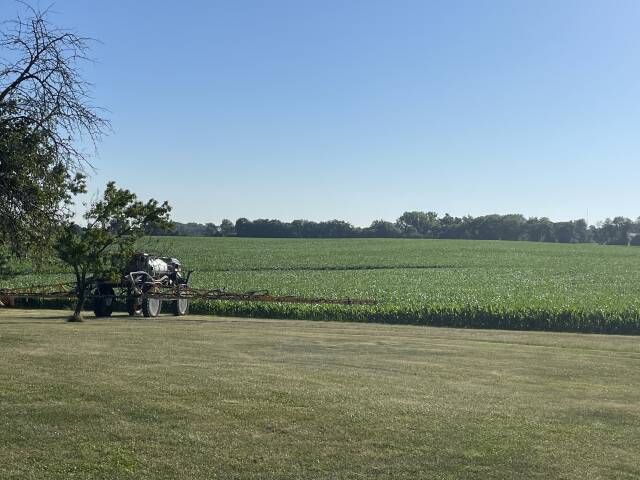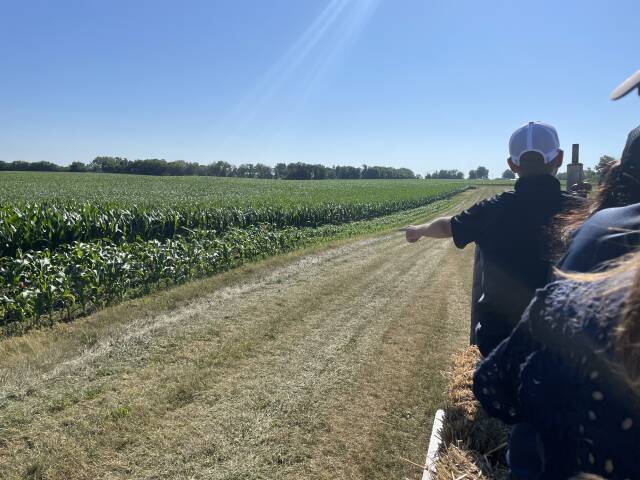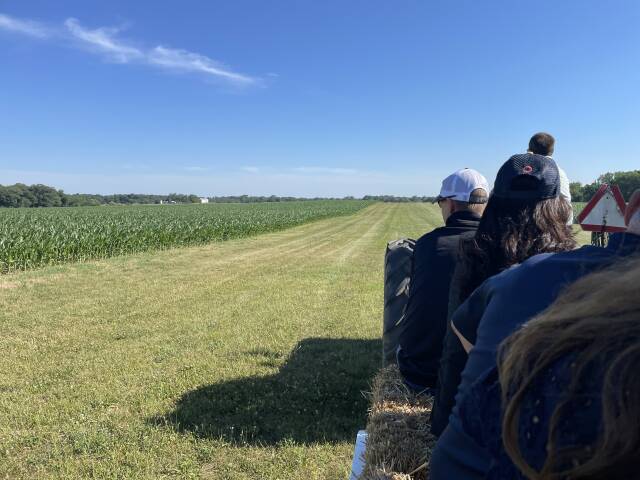This project is bringing together 2,000 farmers all over the U.S. and over 6 million acres of improved sustainable agricultural land management practices. Indigo Ag helps farmers to implement climate-smart practices through an integrated system of extension and outreach, modeling, agronomy support, and digital data collection tools. This project is the first of its kind and is incentivizing farmers to change their methods to sustainable agricultural management practices. Regenerative agriculture practices will increase soil organic carbon (SOC) storage and reduce net emissions of CO2, CH4, and N2O while improving soil health and crop yields.
The regenerative agricultural practices will make cropland more resilient over time to natural disturbances, helping to limit the economic risks to rural communities. Farmers can create a new revenue stream while increasing soil productivity by producing high-quality, registry-issued carbon credits. As carbon revenues and crop yield increase over time, the land will provide higher income for families in rural communities.
Outside of economic benefits, regenerative agriculture and reduced synthetic inputs (such as fertilizer) in farming operations can directly benefit local health outcomes through cleaner air and water and more nutritional food. Reduced synthetic inputs to cropland reduces contamination of groundwater and surface water which benefits the human population as well as the aquatic ecosystems.
















